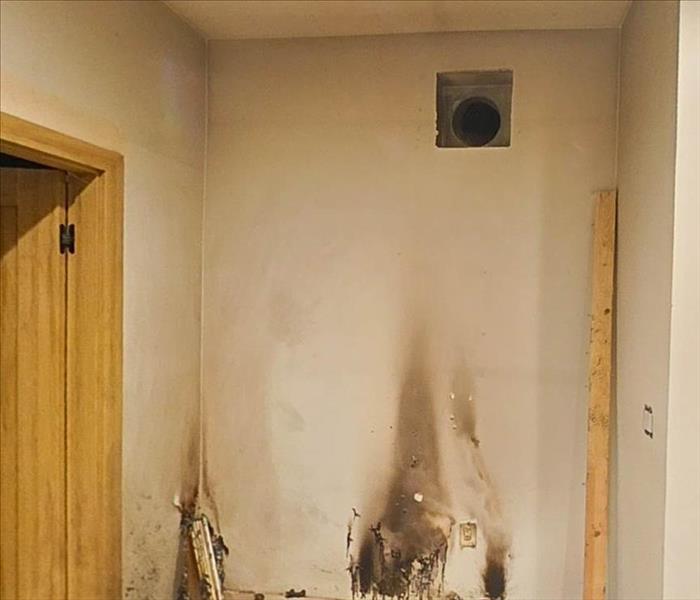Sewage Backups: Prevention and Quick Action for Homeowners
7/25/2023 (Permalink)
A sewage backup is a nightmare no homeowner wants to face. The foul odors, potential health hazards, and costly repairs can turn a pleasant home into a chaotic disaster. However, by understanding the common causes of sewage backups and taking preventive measures, homeowners can significantly reduce the risk of encountering this unpleasant situation. In this blog, we will explore the essential steps you can take to prevent sewage backups and the prompt actions you should follow if you ever encounter such a situation in your property.
1. Common Causes of Sewage Backups
To effectively prevent sewage backups, it's crucial to understand the common reasons they occur. Some of the main causes include:
a. Clogged Pipes and Drains: The buildup of grease, food debris, hair, and other substances can lead to blockages in pipes and drains, causing sewage to back up into your home.
b. Tree Root Intrusions: Tree roots seeking moisture can infiltrate sewer lines and cause blockages or even structural damage, resulting in sewage backups.
c. Aging Sewer Systems: Over time, sewer lines and systems can deteriorate, leading to leaks, collapses, or blockages that cause sewage to back up.
d. Heavy Rainfall and Flooding: During heavy rainstorms or flooding, the excess water can overwhelm the sewer system, causing sewage to back up into properties.
2. Prevention Tips to Avoid Sewage Backups
Prevention is always better than dealing with the aftermath of a sewage backup. Follow these tips to reduce the risk of encountering this messy situation:
a. Be Mindful of What Goes Down the Drain: Avoid disposing of grease, oil, coffee grounds, sanitary products, and large food scraps down the drain. Use drain strainers to catch hair and debris in sinks and showers.
b. Regular Maintenance: Schedule regular inspections and maintenance of your sewer system by professionals. This includes checking for tree root intrusions, identifying any aging or deteriorating pipes, and clearing blockages.
c. Proper Landscaping: When planting trees and shrubs near your property, be cautious of their proximity to sewer lines. Consult with an expert to ensure their roots won't cause damage to the sewer system.
d. Install Backwater Valves: Consider installing backwater valves on your main sewer line to prevent sewage from flowing back into your home during heavy rainfall or flooding.
3. Immediate Actions During a Sewage Backup
Despite your best efforts, sewage backups can still occur. If you encounter such a situation, take the following immediate actions:
a. Stay Safe: Avoid contact with the sewage water, as it may contain harmful bacteria and pathogens. Use protective gear such as gloves and boots if you need to enter the affected area.
b. Turn Off Water Usage: Stop using water in your home to prevent further sewage flow into the affected areas.
c. Contact Professionals: Immediately call a sewage cleanup and restoration specialist like SERVPRO of New Hyde Park/Mineola to handle the situation safely and efficiently.
d. Document the Damage: Take photos or videos of the damage for insurance purposes before any cleanup or repairs begin.
Sewage backups are not only inconvenient but also pose health risks and can cause extensive damage to your property. By understanding the common causes of sewage backups and taking preventive measures, you can significantly reduce the likelihood of encountering this messy situation. In the event of a sewage backup, swift action is essential. Contacting a professional sewage cleanup and restoration company like SERVPRO of New Hyde Park/Mineola ensures a safe and thorough cleanup, helping you restore your home to its pre-incident condition. Remember, with the right knowledge and proactive steps, you can safeguard your property and family from the hassle and stress of sewage backups.



 24/7 Emergency Service
24/7 Emergency Service
